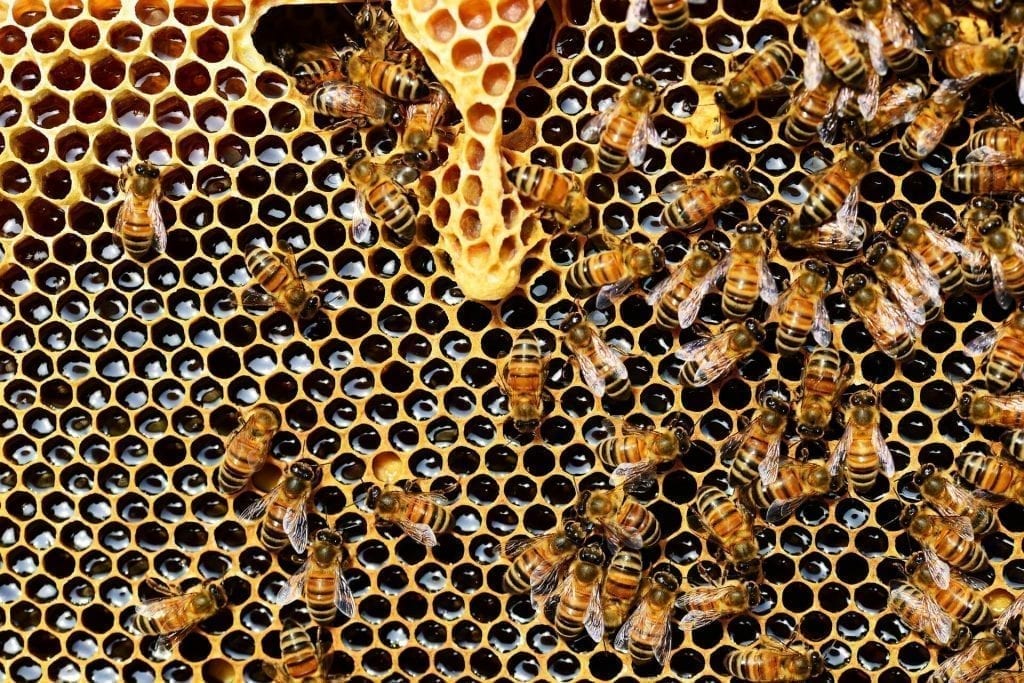MBOTS: The Robot Translator For Animals
Thanks to special interpreters, fish and bees talk at a distance and find an agreement on how to behave: it happens between Switzerland and Austria, in a curious and interesting experiment.

The EPFL researchers, the École Polytechnique fédérale de Lausanne (Switzerland), in a curious experiment managed to make two different species talk to each other, transmitting information of behaviors, and to add complexity to the challenge separated the animals of a few hundred kilometers: bees in Austria, fish in Switzerland.
The difficult task of acting as interpreters between the two species has been entrusted to special robots designed by EPFL’s Mobile Robotics, the MOBOTS.
These mini machines, infiltrated among the animals, are programmed to influence the group behavior by sending intelligible signals from a specific species. Immersed in an aquarium, for example, MOBOTS can, through vibrations, send acceleration and light signals, pushing the fish to swim all in the same direction.

Scientists have placed the first robot inside an aquarium in Lausanne, and the second bot in a beehive in Graz, Austria. The robots were programmed to send sound and light signals or vibrations compatible with the behaviors of the species to which they were assigned, to induce the members of the two groups to adopt common behaviors.
MOBOTS began working just as interpreters at an international conference: they picked up the behavior of their group and “translated” it for the other, who in turn “exposed” it to his audience. In the beginning, the communication was rather chaotic, but after 25 minutes, fish and bees, separated by 700 km, understood each other, and each adopted some behaviors of the other group.
